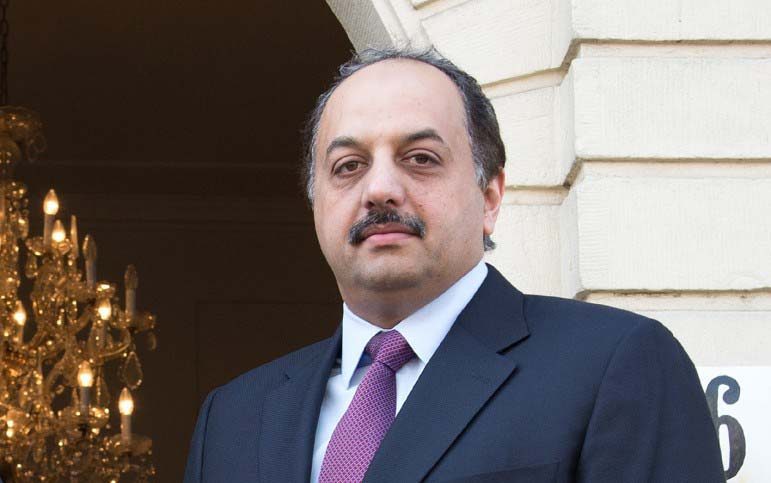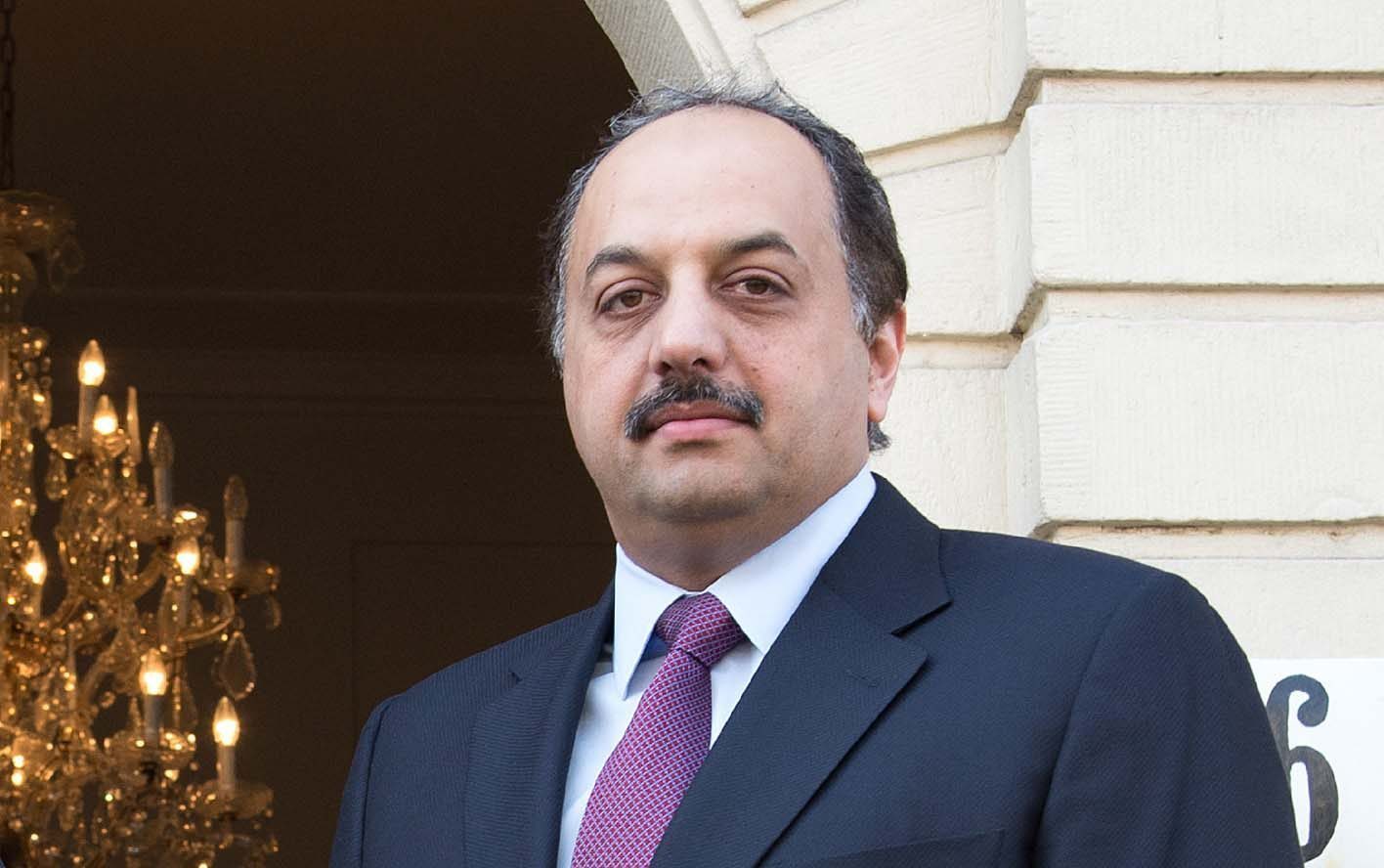
With translation by Riham Sheble
After years of calling for the overthrow of Syrian President Bashar al-Assad, Qatar has escalated its rhetoric this week, with a senior official saying Doha would consider using military force to help the Syrian people.
Qatar Foreign Minister Dr. Khalid Al Attiyah made his remarks yesterday in an interview with CNN Arabic, during which he reiterated Qatar’ preference for a “political solution” to the Syrian civil war.
However, he went further by saying:
“Anything that protects the Syrian people and Syria from partition, we will not spare any effort to carry it out with our Saudi and Turkish brothers, no matter what this is,” Al Attiyah said, according to a text of his remarks published in Arabic by Qatar’s state news agency.
“If a military intervention will protect the Syrian people from the brutality of the regime, we will do it,” he added.

While an analyst said it’s unlikely Qatar would actually send its troops into Syria, the minister’s remarks suggest that that the government may increase its support for rebels inside of Syria in response to Russia’s recent bombing campaign.
Earlier this month, Qatar and its western allies accused Russia of targeting Assad’s opposition and called on the nation to “end its aggression” against Syrian rebels and civilians.
In response to Al Attiyah’s remarks, supporters of the Syrian government quickly ratcheted up their own rhetoric, warning of grave consequences if Qatar deepened its involvement in the conflict. On Twitter, pro-Syrian Lebanese politician Wiam Wahhab wrote:
إذا نفذت قطر تهديدها بالتدخل العسكري في سوريا، ستقصف الدوحة بالصواريخ!
— Wiam Wahhab (@wiamwahhab) October 21, 2015
(Translation: “If Qatar executes its threats by intervening militarily in Syria, then Doha will be shelled.”)
Tipping the balance
Michael Stephens, director at the Royal United Services Institute in Qatar, told Doha News that he believes it’s unlikely Qatar soldiers will be deployed to Syria, apart from potentially sending military trainers and individuals to transport weapons to rebels.
However, he said Al Attiyah is leaving the option open for more activity in Syria, such as supplying anti-tank and surface-to-air weapons in partnership with other countries opposed to al-Assad:
“(Qatar) will work with (Saudi Arabia) and Turkey to tip the balance back in favor of the rebels,” Stephens said, adding that Riyadh is leading these efforts.
“Qatar has always kept an open mind on intervention, but this is definitely an escalation in rhetoric. But talk and action are two different things. If Qatar wants to see results in Syria, it has to act (as Russian President Vladimir) Putin has raised the stakes.”

Qatar has long supported the rebels in Syria with military training, financial assistance and diplomatic support such as UN resolutions and hosting the first opposition-operated Syrian embassy.
These efforts have made it a target for smear campaigns and cyber attacks by individuals loyal to the Syrian government.
More recently, Qatar was reportedly involved in drafting plans with Saudi Arabia and Turkey to oust al-Assad using force.

Al Attiyah previously said Qatar has also allowed some 25,000 Syrians to enter the country since the civil war began in 2011.
However, Qatar and the other Gulf states have come under criticism for not accepting any Syrians as refugees, who are typically given some form of residency status.
By contrast, many Syrians living in Qatar have renewable visitor visas, which prevents them from working.
Thoughts?







